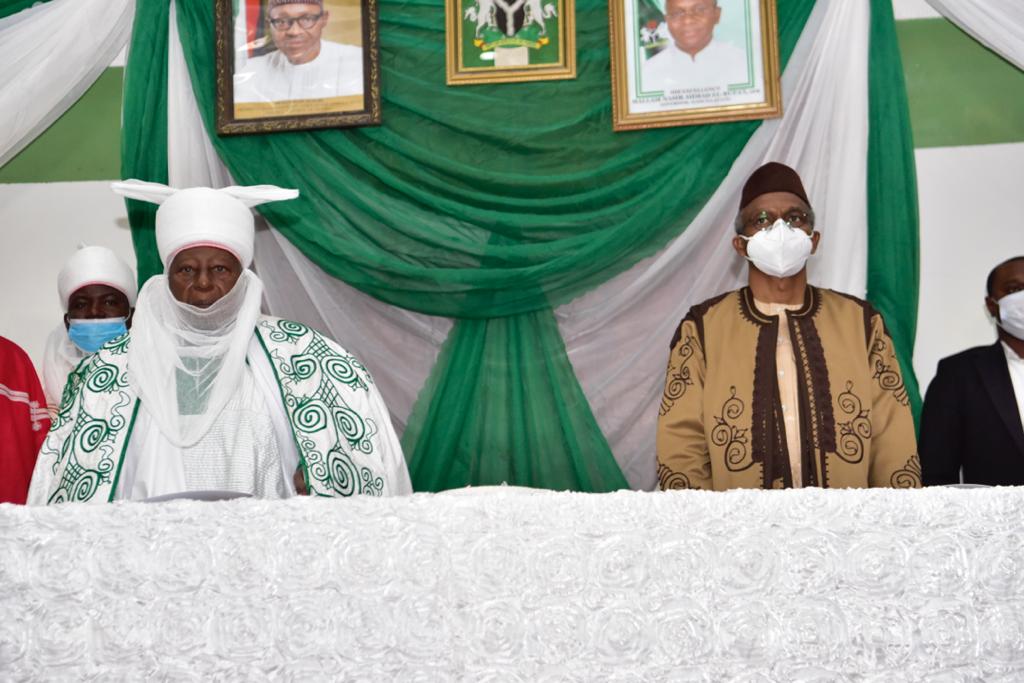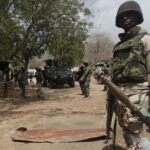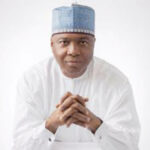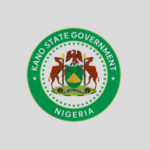Governor Nasir El-Rufai of Kaduna state has challenged traditional rulers to support security agencies to uphold peace and harmony in their communities as well as to offer inclusive leadership to all persons who live in their domains.
The governor who threw the challenge during a meeting of Kaduna State Council of Chiefs, said that an inclusive leadership aligns the government’s principle of citizenship based on residence.
El-Rufai reiterated that the misleading narratives on the situation in southern Kaduna will not distract him from building a constituency of peace to end the four-decade legacy of violent conflict in the area.
The governor noted that the false claims of land-grabbing that were made without any evidence in 2016/2017 are being repeated in the current crisis.
He authorised any monarch to tell the media about any inch of land in his domain that had been forcibly acquired or is being illegally occupied by anybody or group.
El-Rufai recalled that his first official action as governor was to convene and preside over an emergency security council meeting on May 30, 2015, following reports of killings in Sanga local government hours before his swearing-in on 29th May 2015.
‘’The outcome of that meeting was the setting up of a committee chaired by General Martin Luther Agwai to study and proffer solutions to the incessant killings in southern Kaduna which had intensified since the violent aftermath of the 2011 elections’’, he added.
The governor also said that ‘’that emergency security meeting also decided to prepare a White Paper on the report of the Peace and Reconciliation Committee that had been established by the government of late Sir Patrick Yakowa.’’
Tracing the efforts he has made for peace since 2015, the governor told the traditional rulers that ‘’by early 2016, we took our efforts to build a constituency for peace across the state to another level, collaborating with the Plateau State Government and the Centre for Humanitarian Dialogue.
‘’In southern Kaduna, we supported the process of the Kafanchan Peace Declaration as a community-led effort for sustainable peace,’’ he added.
El-Rufai recalled that ‘’on Saturday, 12 November 2016, it was with optimism that we unveiled the Peace Apology billboard in Samaru-Kataf and presented the staff of office to the new Agwatyap, His Highness Dominic Gambo Yahaya.
‘’The tenet of the Peace Apology was a call for mutual forgiveness and a dedication to peaceful means of resolving differences,’’ he argued.
The governor lamented that the optimism was short-lived, adding that ‘’the outbreak of sustained peace that we expected was soon shattered by a spiral of violence a few days later.’’
‘’We pushed for more security deployment and took the meeting of the State Security Council to Kafanchan on 20 December 2016, in a practical effort at solidarity with the people in a time of peril,’’ he recalled.
Furthermore, “by early 2017, the Kaduna State Government, working with the Federal Government had answered the decades-old demand for expanded, permanent security presence in southern Kaduna.
‘’The army established a base in Kafanchan while the Kaduna State Government bought an estate to accommodate a mobile police squadron. The Federal Government also extended the mandate of Operation Safe Haven, based in neighbouring Plateau State, to southern Kaduna and appointed a commander of the rank of colonel to lead it.
“Amidst all our exertions to extend and strengthen security presence in the state, the Kaduna State Government continues to insist that beyond boots on the ground, the best guarantee of peace is the willingness of communities to live in peace and harmony.
“Therefore, in September 2017, we established the Kaduna State Peace Commission to help encourage communities in our state to adopt peaceful means of resolving their differences. The commission is chaired by Most Revd. Dr. Josiah Idowu-Fearon, former Anglican Archbishop of Kaduna and current Secretary-General of the Anglican Communion,” he said.
El-Rufai said that the traditional institution has been part of the State Security Council since 2015, adding that ‘’apart from His Highness, the Emir of Zazzau, who is a permanent member of the council, one traditional ruler each represents zones 2 and 3.’’
The governor promised a wholistic review of the chieftaincy system, in order ‘’to protect our traditional rulers from administrative and executive capriciousness.’’
‘’The reforms also seek to align the traditional institution as an enabler of inclusion in our diverse communities. The reforms place our chiefs and emirs in charge of geographic areas, not tribes, making them the leader of everyone that lives within their domain,’’ he said.
According to El-Rufai, the review is a logical extension of government’s principle of citizenship, which is ‘’anchored on residency and ensuring that the rights granted by the constitution can be enjoyed wherever a citizen lives.’’
‘’This is the 21st Century and no community should be immune from respecting the rights granted to citizens by the constitution,’’ he argued.
While condemning the recent upsurge in violence and killings in southern Kaduna, he said that government has decided to solve the perennial crises.
‘’As part of the solution to this problem, the government has initiated a White Paper process on the reports of the 1992 Justice Rahila Cudjoe Commission of Inquiry and the 1995 AVM Usman Muazu Peace and Reconciliation Committee. We expect the committee drafting the White Paper to submit it shortly,’’ he reiterated.

 Join Daily Trust WhatsApp Community For Quick Access To News and Happenings Around You.
Join Daily Trust WhatsApp Community For Quick Access To News and Happenings Around You.


